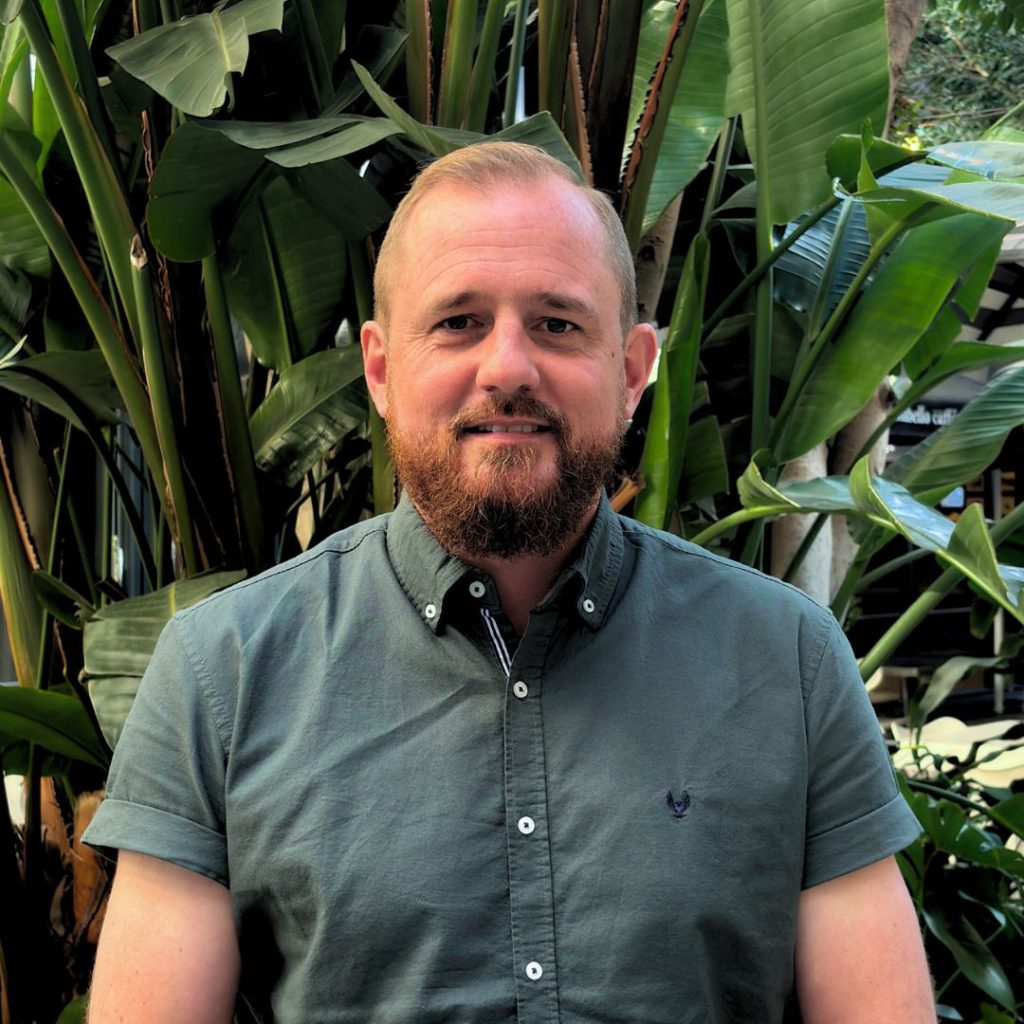Core
4 Subjects
40 Credit Points
Trauma Informed Practice I SSC447
Gaining a deep understanding of trauma and its pervasive impacts is beneficial for supporting those affected. This unit equips students with the knowledge to develop and critique trauma-informed care principles and apply evidence-based interventions. By exploring cultural and social factors, students learn to approach trauma with sensitivity and insight, preparing them to support recovery and growth within varied contexts.
Trauma Informed Counselling I SSC550
This unit prepares you to address trauma with an understanding of the multifaceted nature of trauma on the individual and community. Students will explore trauma symptoms, treatment and recovery; including insights from neuroscience and post-traumatic growth literature. You will think carefully through assessment of physiological, social and psychological impacts of trauma to inform treatment plans ensuring best practice.
Trauma Informed Practice II SSC548
Building on Trauma Informed Practice I, this subject is important for professionals aiming to provide effective support to trauma survivors. This unit focuses on assessing and supporting individuals, families, and communities, using trauma-informed principles to guide interventions. You will also explore community resources, develop strategies for client-centred care, and learn to manage professional wellbeing.
Trauma Informed Counselling II SSC551
Building on Trauma Informed Counselling I, this subject deepens your understanding of trauma-informed therapies, focusing on both theoretical and practical applications. It encourages ongoing professional development and equips you to design effective, evidence-based treatment plans. Students will gain proficiency in assessment and working with evidenced based trauma modalities such as Trauma-Informed Acceptance and Committment Therapy.






